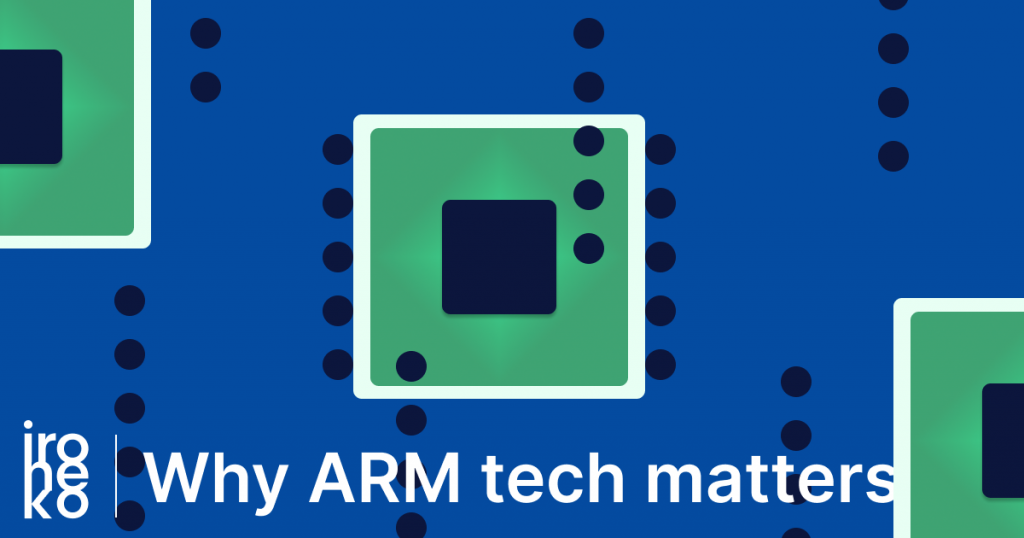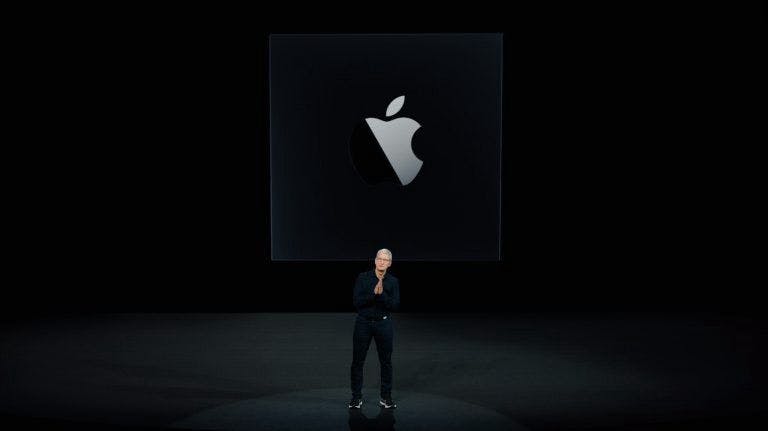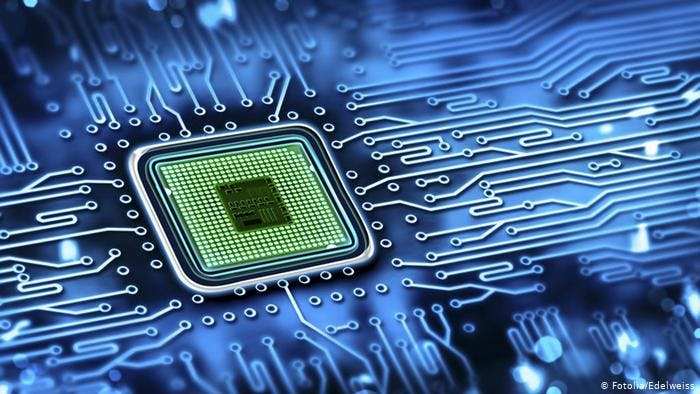ARM tech & why Apple's new Silicon Macbooks are a big deal
This year, Apple announced a two year plan to switch from Intel processors to their own, tailor-made ARM tech. Here's why you should care about this change - even if you don't buy Apple products.
Firstly, here's a quick rundown in case you haven't heard. At the Apple Worldwide Developer Conference (WWDC) Apple announced the next wave of Macbooks would ship with one of their mobile processors rather than the standard Intel ones they've used for decades.
This is a BIG deal. But why?
What is the difference between Intel and Apple's ARM tech processors?
Intel's processors are based on x86 architecture, which is what you're likely to find in laptops and PCs. Apple's new machines use ARM architecture, which is what powers phones and tablets (among other things).
ARM processors are generally better at handling heat, power management and speed. It's what allows your phone to last a full day on a single charge and allows you to run intensive apps without a fan.
Another huge benefit from a manufacturing perspective is that Apple will make these ARM processors in-house rather than buying from Intel. This means they can more closely follow their own specifications and needs, leading to a more streamlined process all round!
The question then is obvious: why aren't ARM processors used in laptops? Put simply, programs made to run on x86 processors won't run on ARM and vice versa.
This essentially means that 30+ years of programs that have been built for x86 have essentially no way to run on ARM without a lot of work.
Hang on. So why would I want an ARM laptop if it doesn't have any programs?
That's exactly the kind of question that, up until now, has stopped most manufacturers from releasing ARM laptops.
It's the fear that the end-user might buy one without realizing and finding themselves with something they can't use. Or even worse, that there might be no market for them at all.
Even Google who has been selling Pixelbooks for years using their own OS which supports a fraction of programs compared to other big players has shied away from using ARM processors.
Why switching to ARM processors isn't that big of a change you might think
What a lot of laptop manufacturers seem to have overlooked is that the way we use laptops has changed over the past few years.
While in the early 2010s you had no choice but to download programs to have their functionality, in 2020 most if not all of the most used programs and apps have alternatives that can be accessed through the browser on any device.
Need an office suite? Google has you covered with their suite of web apps (inlcuding Google Docs, which is our first choice for word processors). Even Microsoft has web versions of their Office Suite.
Need to listen to music? Spotify has a fantastic web player.
Need to do some photo editing? Apps like Photopea have you covered.
Think about it. The average person, who uses a laptop to work on the go will likely never need to install any programs.
The much bigger benefits of using ARM tech
In reality, the advantages that ARM would offer over a normal processor far outweigh the inconveniences of perhaps not having all the programs we think we need.
New programs can always be developed. It wouldn't even be that big of a stretch to suppose that most phone apps would eventually be ported and improved to work on laptops.
1. ARM processors offer better battery life
Phones can easily last for a whole day of use without needing to be charged, while most laptops that don't cost an absolute fortune will last for maybe 4 to 5 hours of use.
The reason behind this is that phones use power-efficient ARM processors and laptops don't. The difference is made even greater when comparing battery size.
A top of the line smartphone like the Samsung Galaxy Note 10 has a 16.56Wh battery, while a top of the line laptop like the Dell XPS 13 has a 52Wh battery. These two devices, if in constant use, will probably last around the same time, and that's with the XPS 13 having 3x more battery than the phone.
I wouldn't be surprised if Apple's new Macbooks could easily hit 15 hours+ of battery life.
2. No more fans
For as long as laptops have been a part of our daily lives, fans have been there too. They're noisy, distracting and often turn on when they're not entirely needed. Not to mention the fact that they take up space that could be used for more useful hardware as well.
A laptop without a fan is almost unimaginable, but that's one of the huge benefits that ARM offers. That tell-tale noise is gone, and you'll have space for a bigger battery or a secondary SSD!
3. Better performance for less money
Indisputably, ARM tech gives you more power and performance for your buck. Therefore, this is a pretty smart move for Apple.
Currently, Macbooks are expensive to the point of being inaccessible for the average user. Yes you can buy a refurbished model, but you won't save much. And so, many people are opting for less costly but nonetheless slick Matebook models instead.
Perhaps their venture into ARM chips means that Apple can finally re-enter the mid-range market, satisfying more customers while retaining their reputation for quality. That is if they decide to lower prices, of course. Time will tell. But I'm feeling hopeful.
The final verdict
All things considered, if you own a laptop, there's no reason not to be excited about the rise of ARM tech being used in this new way.
We've been striving to make phones work more like computers for a long time, so it only makes sense to optimise laptops with some of the benefits enjoyed by smartphones, and meet in the middle. Anything could happen - perhaps even... dare I say affordable Macbooks?
This is an exciting leap into the future not only for Apple, but for other leading manufacturers who are more than likely to follow suit.



